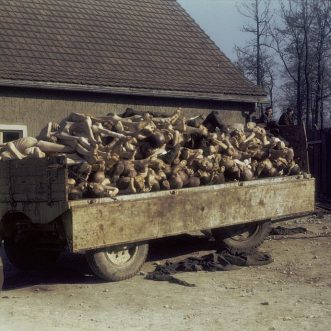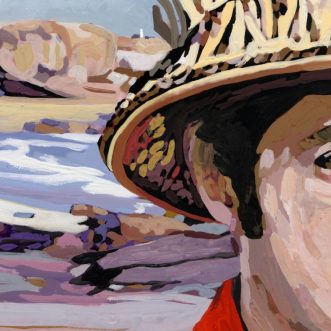November 29, 2021
“I knew that would happen.”
If you knew, why didn’t you do something to prevent it?
Probably because while you knew it was possible or even likely, you hoped it wouldn’t happen.
It would be much better to have a process that deals not only with the 80% of cases where nothing untoward happens, but also with the 20% of cases that don’t work like that. Or even better, one that pre-empts their occurrence.
Let’s say you’re a coffee roaster. You sell beans to lots of small independent coffee shops. It bugs you that they never plan their orders properly, often ringing up to ask for an urgent delivery at a timescale that’s impossible for you to make money on. You’ve made things clear – ‘Order before 6pm for next-day delivery’ – but still they ring at 8pm for an urgent delivery by 8am the next day. What should be exceptional is turning into the norm.
How could you pre-empt this?
You could accept that’s how they work, and find a way to deliver coffee overnight as your default. That might involve putting prices up of course, which might annoy the more forward-thinking of your customers.
You could make them order more each time, so they never run out. That would cost them more of course, and might end up in a stockpile they don’t want to carry.
You could put re-order prompts in or on your packaging, or give them the means to prompt themselves – stickers, or ‘re-order now’ cards.
You could recognise that the people using the coffee may not be the people ordering it, and make it easy for them to start an order – with a QR code on a bag, for instance – that gets confirmed with the person responsible before it’s sent out.
You could find ways to prompt them to re-order, based on how they work. That would involve asking them how they work (or even observing them as a mystery shopper?). That would cost you more up -front, but might make for a closer relationship. There probably aren’t that many different ways to run a coffee-shop, so you would quickly identify most cases. Then you could offer ordering options to new clients, knowing you have a process for dealing with them smoothly
There isn’t a right answer here, except that whenever you say “I knew that would happen”, realise that what you’ve identified isn’t just a pain for you. It’s an opportunity to cement your relationships and differentate yourself from your competitors, just by making your client’s life easier.











